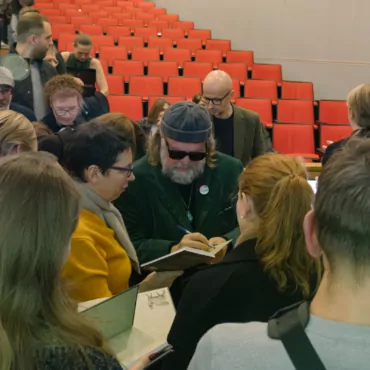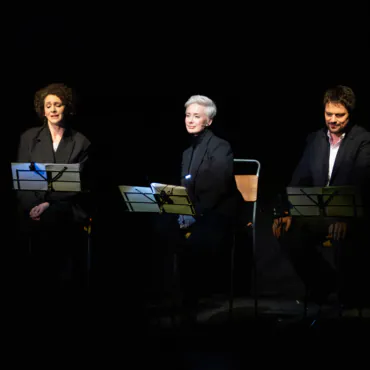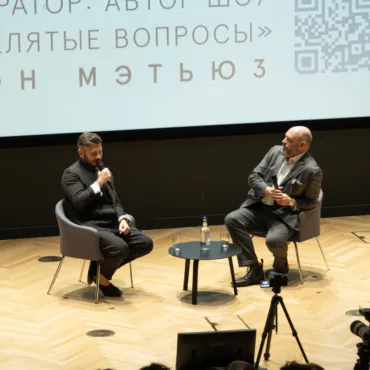
"Winter" continues a course of lectures by Oxford professor Andrei Zorin on Russian cultural mythology of the second millennium. This time we will choose four myths from a large set of basic myths: about fate and desperate belief in miracles, about the strength and fearlessness of the Russian woman, about vodka and its boundless symbolism, and about rebellion as a way of fighting the hostility of the outside world. We will discuss the question of when and how these myths were formed, how they were processed, and what impact they had - and still have - on the bearers of Russian culture?
When: Nov. 8, 15, 22 and 29, 7 p.m.
Where: Room 1.05, LSE Centre Building (CBG), Houghton St, London WC2A 2AE
Tickets: whole course – £150/ one lecture – £45/ free for Winter members
What are we gonna talk about?
Fate and wonder
It is customary to speak of the fatalism of Russian culture, of belief in fate. However, Russian destiny is by no means an inexorable fate that leaves no choice for a person. Rather, it is a force that plays endlessly with man, laughing at him, destroying his plans, but at the same time providing him with unforeseen opportunities that must be seized. Hence the specific values of self-control, desperate fearlessness, the ability to seize the moment, the thrill of risk, and an abiding faith in miracles, which will be discussed in this lecture.
Rebellion, escape and deception
The environment is always presented in Russian culture as inevitably hostile to man. Hence the strategies for dealing with it – almost suicidal rebellion with no hope of success, escape from a superior force and deception, evasion, hope to outwit. This lecture will cover all three.
Russian woman
Russian cultural mythology was largely created by men – all the more interesting to trace how its female image differs from the one formed in Western European culture in the eras preceding feminism. In contrast to the traditional stamps against which the emancipation movement in the West protested, the Russian woman always appeared strong, determined, taking responsibility not only for her own life, but also for the fate of the man she chose.
Vodka
Vodka is one of the most stable myths of Russian culture, which has almost limitless symbolic capacity, because the rituals associated with it can be endowed with almost any meaning. We will trace the history (against expectations relatively short) of this myth, its existence and think about its future, as well as about the future of all the myths discussed in the course lectures.
About the course author
Andrei Zorin is a philologist, literary scholar, historian, Professor of Slavic Studies at Oxford University, author of “Feeding the Two-Headed Eagle: Russian Literature and State Ideology in Russia in the Last Third of the 18th – First Third of the 19th Century”, “Where the Pheasant Sits… Essays of Recent Years”, “The Emergence of the Hero. From the History of Russian Emotional Culture” and “The Life of Leo Tolstoy. The Experience of Reading”.





